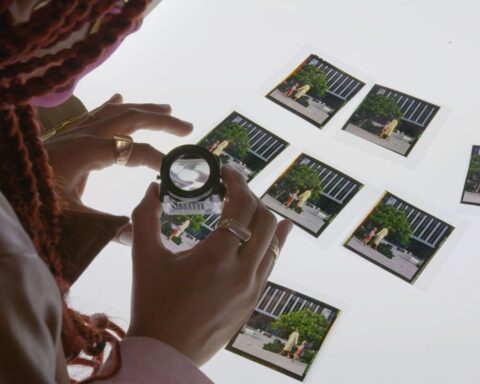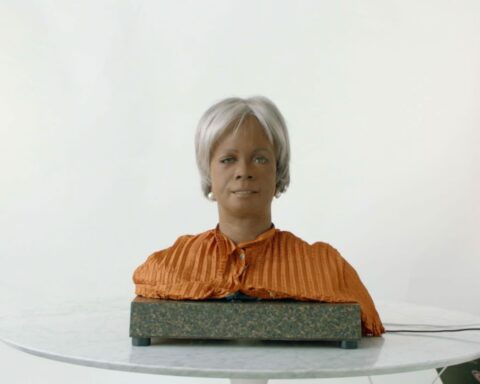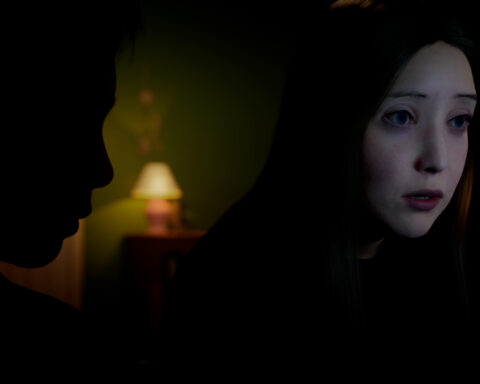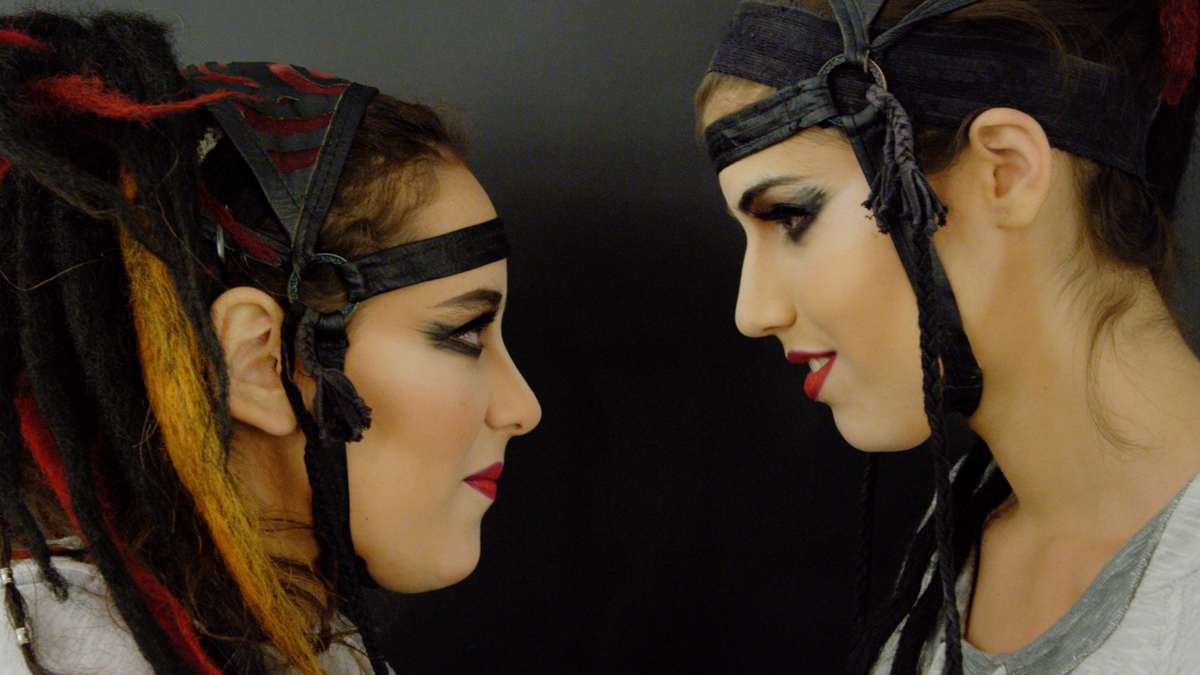The Cleaners
(Germany/Brazil, 88 min.)
Dir. Dir. Hans Block, Moritz Riesewieck
A tough investigative doc that slowly, inexorably, turns into a cinematic essay about contemporary anger and hatred, The Cleaners reveals how Facebook censors images and texts worldwide. German directors Hans Block and Moritz Riesewick track down a group of “content moderators” in Manila who decide what material stays up on Facebook and what gets taken down. These young Filipinos aren’t schooled in art or communications or ethics. They’re simply doing their jobs and with little training, the decisions they make are problematic, to say the least.
One operator proudly reveals that he could win the Guinness Book of Records since he makes judgments on 25,000 images in a good day. The filmmakers offer a chorus of “delete, delete, ignore, delete” from moderators during critical junctures in the doc. One of the content moderators hesitates briefly before deciding that Nick Ut’s Pulitzer Prize winning photo of a naked 9-year-old Vietnamese girl, Phan Thi Kim Phuc, fleeing from a U.S. napalm attack should be deleted from the Internet. After all, it shows a young girl’s genitals and he has been trained not to care about the context; it’s simply wrong to show it.
Another content moderator not only deletes artist Illma Gore’s drawing of a naked Donald Trump complete with a small penis, she removes her Facebook account. As Gore points out, her Trump image was a representation, not reality, but such subtlety seems beyond the scope of her Facebook censor.
But it’s also too easy to attack the content moderators. Block & Riesewieck make it clear that the Filipinos profiled in their film aren’t even actually employed by Facebook or Twitter or Google; in fact, a local business, which works with those companies, pays their checks. No one has said that Zuckerberg is dumb enough to leave an email trail. And the moderators haven’t been properly trained.
The Cleaners gradually expands its scope, taking on the very nature of Facebook and its digital colleagues. Nicole Wong, who has served as an associate counsel for Google, is treated quite sympathetically as she rationalizes why it’s tough to make judgment calls on visual material. She even makes a case for geo-blocking, the pernicious system, which makes it impossible for people in a country like Turkey to find out what others think and know about their country. With geo-blocking, those who are most affected by a dictatorship or a totalitarian government can’t find out what lucky people in the West can access without a problem.
Facebook’s practices allow them to look good to their local supporters while not helping others at all. Block and Riesewieck boldly explore the political situations in Turkey and the Philippines, where dictators control freedom of speech—an issue that Facebook pretends to espouse.
What becomes obvious as the film progresses is that content moderators aren’t controlling the rise of anger throughout the world. Facebook, Google and Twitter have given power to the racists and right-wing nationalists who need a forum to express their terrifying views. “The cleaners” in Manila and elsewhere are told not to affect freedom of speech; it’s an idealistic goal that has turned ugly. While problematic images are being deleted, the true enemies of Facebook’s utopian ideology are allowed to espouse violence—and no one will stop them.
The film ends with a stunning revelation that a content moderator, who was an expert in self-harm videos, has committed suicide. It’s clear that “the cleaners” are not the problem. Perhaps it’s the fault of Zuckerberg and his friends; certainly they’re doing nothing to prevent further violence around the globe. Block and Riesewieck’s film is thoughtful and provocative. We are living in perilous times, when freedom of speech can lead to hatred and no one knows what’s real anymore. The Cleaners is a film made for the times we’re living in right now.
The Cleaners opens June 22 at Hot Docs Ted Rogers Cinema.












